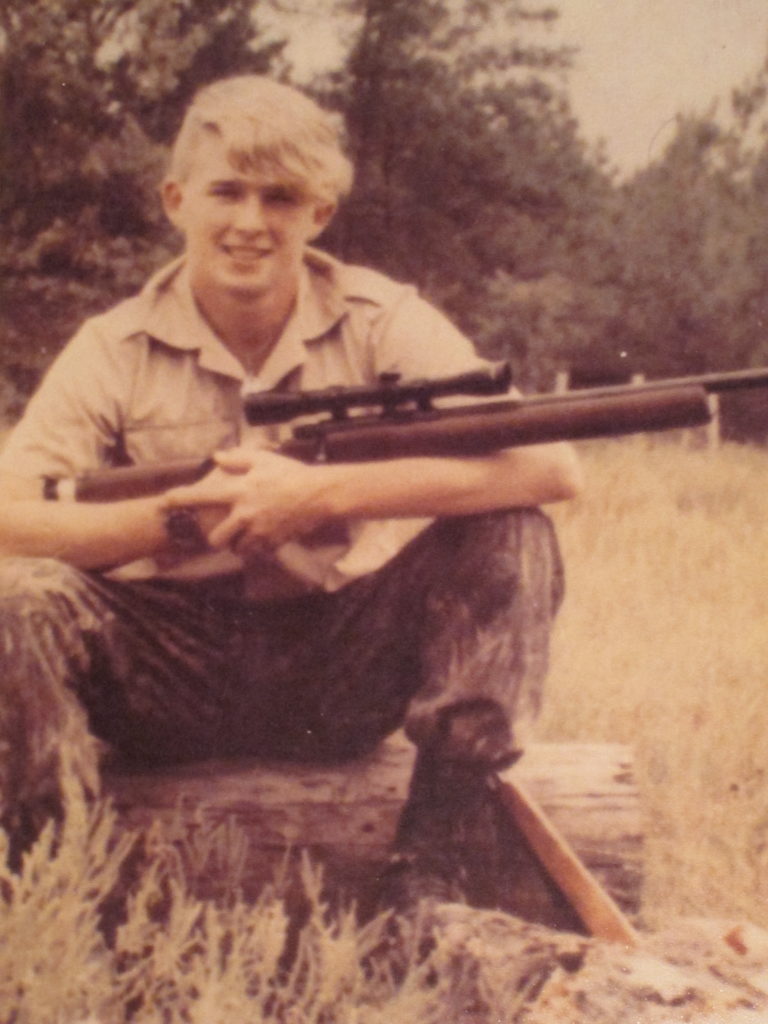I’ve spent the last fifteen years in solitary confinement here in Texas. The ‘correctional model’ here is the punishment model. The school of thought being – by inflicting maximum suffering, maximum poverty, maximum humiliation, deprivation and pain, they can make the prison experience so shockingly traumatic and painful that the incarcerated individual will never want to return to this place and so alter their life to become an upright pillar of the community.
Rather – this correctional model creates monsters. Trust me – I know. This correctional model severely damages the weak and vulnerable while exasperating mental illness. During my fifteen years in solitary, I’ve seen numerous men lose their minds. People who, when I met them, seemed relatively normal. A few years in the hole and they are ghosts – shells of their former selves. There are those with such profound addiction issues that they buy psych meds from prisoners who game the psych system and consume them in toxic quantities to get ‘high’. After a few years of that, they are goners – never the same again even if they quit the pills.
Meanwhile, the truly mentally ill, the schizophrenics who are uncommunicative or simply talk to themselves, the manic depressives and others, suffer in silence. As I write this, there is a schizophrenic a couple cells away having an episode, shouting at apparitions, banging on the metal table in his cell. It is 12:43 a.m. He takes no meds. The psych lady never visits him. Texas prisons are a wasteland for the mentally ill. We’ve had three suicides in less than three months in this building alone.
There exists a callous indifference to suffering here. Of course, if you asked an official from the administrative side of things, they’d lie to your face and tell you Texas doesn’t house mentally ill offenders in solitary confinement. If you ask a guard they’ll say, “Hell, they’re all crazy.”
Even inmates dismiss clear signs of mental illness, saying, “He ain’t crazy. If he’s got enough sense to get up for chow, he ain’t crazy.” Being hungry is a clear sign of sanity…
I once had a neighbor who smeared feces all over his hair – and worse. Trust me, you don’t want to know. We asked numerous times to have a psyche interview to get him out of here and to the psych unit. A lieutenant said, “He’ll just do the same thing there. What’s the difference?”
That kind of cynicism and indifference sums up many prison systems. Over the years I have come to believe that a large number of people are here as a result of either undiagnosed mental illness or poorly managed and self medicated mental illness. Some have behavioral, emotional or personality disorders that, while they don’t cross the threshold into mental illness, they nevertheless contribute to criminality.
The actual dynamic between mental illness and criminality is a complex issue that is often fought over along ideological lines. It is made all the more complex by legal issues, budget battles, a lack of political will, socio-cultural issues and a general contempt for prisoners.
Each side of the conflict has valid positions, but what gets lost in the back and forth, I believe, is people’s humanity. As a long time prisoner with lots of time on my hands, I’ve thought of many ways prisons could be made into places of rehabilitation and healing. But the reality is daunting. People have to want to be rehabilitated and healed. They have to want to learn life skills, self reliance, and marketable job skills. They have to want to change for the better, while living in an environment that reinforces their belief that their life has no value. So… what do we do?

ABOUT THE AUTHOR. Dalton Collins lives in solitary confinement in a Texas prison. He only recently began submitting his work, and we are fortunate to be able to share his insight. Dalton can be contacted at:
Dalton Collins
#768733 Allred
2101 FM 369 N.
Iowa Park, TX 76367
All Writing by Dalton Collins.
![]()

What a horrible environment to endure. Sadly I don’t see things change unless these individuals have someone to advocate for them. The system looks and listens when they know someone on the outside is watching. Now the issue is to identify these people and find someone on the outside to advocate for them . We know many are lost and alone …
Bless you my friend for sharing this